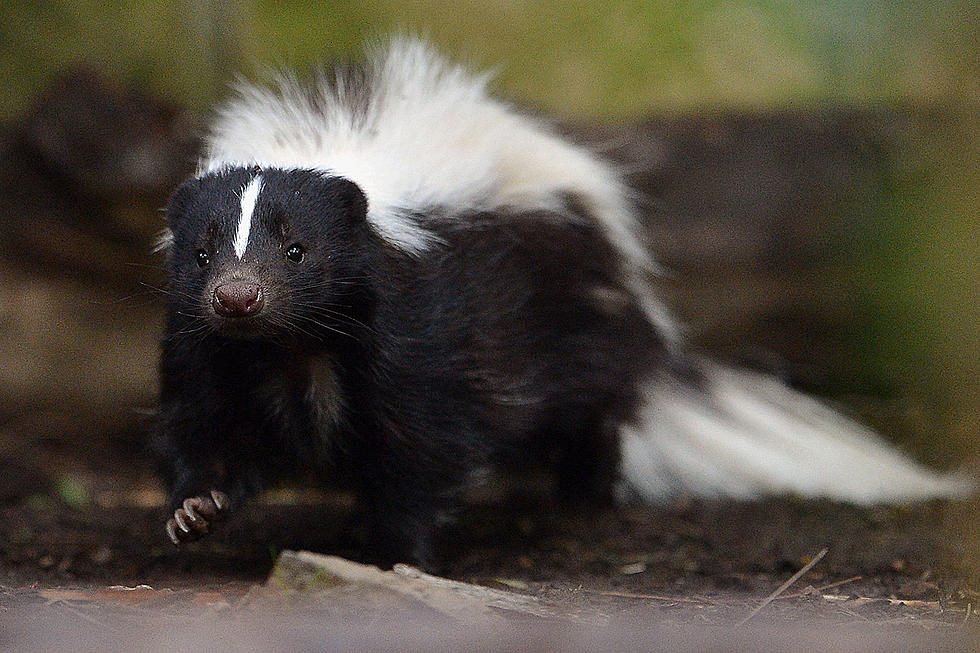
First Ever Wyoming Human Rabies Case Found
Testing finished Friday by the federal Centers for Disease Control and Prevention has confirmed a rare case of rabies in a Fremont County woman, according to the Wyoming Department of Health (WDH).
“While rabies is often found in Wyoming animals such as bats and skunks, this is the first confirmed human rabies case ever recorded in our state,” said Dr. Karl Musgrave, state public health veterinarian with WDH. “Across the United States, there are usually only one or two human cases in a year.”
While not all details are available, it looks like the woman may have been exposed to the virus via bats, which are a known carrier of the rabies virus in Wyoming. The most common mode of rabies infection is through bites and virus-containing saliva.
Working together with Fremont County Public Health and the Utah Department of Health, WDH representatives will follow up with potentially affected family members and healthcare workers in Lander and Salt Lake City to determine who should receive post-exposure treatment to help prevent development of the disease.
“Unfortunately, rabies is a serious, deadly disease once the illness develops,” Musgrave said.
General tips for preventing rabies:
- Enjoy wildlife such as bats and skunks from a safe distance.
- Treat animal bites with soap and water and contact a medical professional immediately.
- People waking to find a bat in their room or a child’s room should contact a medical professional immediately as bats have such small teeth even unknown or minor contact with bats has led to rabies infection.
- Never adopt wild animals or bring them into the home. Do not try to nurse sick or injured animals – call animal control for help.
- Report animals acting strangely to city or county animal control departments.
- Teach children to never approach unfamiliar dogs, cats or wildlife, even if they appear friendly.
- Vaccinate dogs, cats, ferrets, horses and other selected livestock for rabies and keep vaccinations up-to-date.
- Keep pets under supervision or on a leash to minimize contact with wild animals.
More From 101.9 KING-FM








